Diligent Sunday Newsletter / Issue #7
This week's email delves into the benefits of "being in the now". To help you live here and now, I outline some basic concepts to find happiness. Also included is my most popular blog post to date, which guides high-performing individuals seeking to look beyond the limits imposed by their companies.
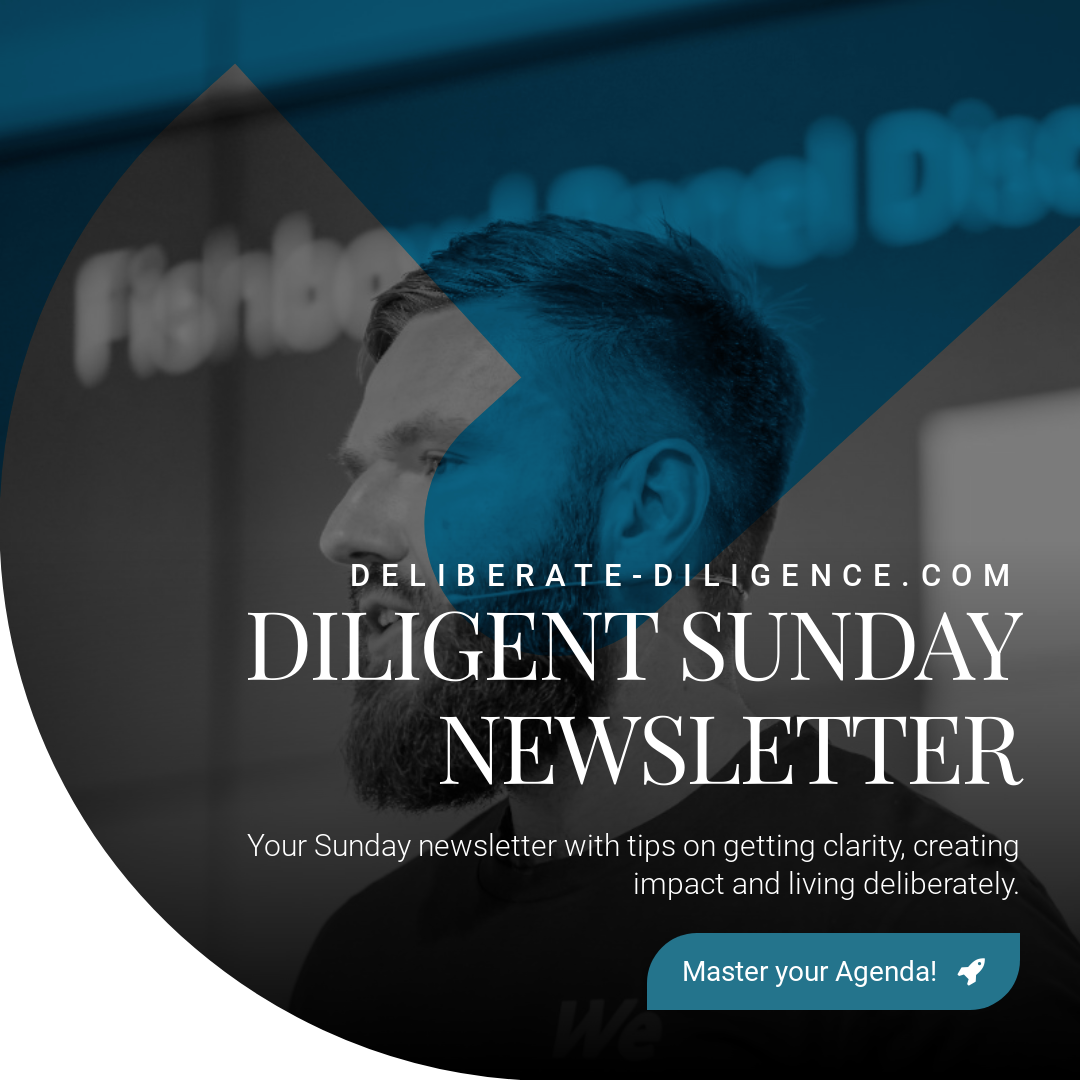
Editor's Note
Dear Diligent Sunday Readers,
At the end of the following week, little over 15% of the year will have passed since the start of the eighth calendar week. How quickly the days pass!
I don't know about you, but the past few weeks have passed quickly. I continue to think that it is the first or second week following New Year's Eve.
On the one hand, I believe that is a positive indication because it suggests that I have been productive.
On the flip side, it's terrifying since it feels like a rush towards death. Or at least a quickening of the ageing process. A rush away from an age where you're full of energy and want to put it to good use so that you won't regret missing something when you're old.
I ask myself questions like: Should I have spent the weekend with my parents? Should I have joined my friends in going out to a party? Should I have given my wife more time?
The truth is that I have been working around the clock, if not on my paid work, then on my passion projects, including this blog.
Why am I telling you this? Because you, too, if you joined up for this newsletter, presumably have a lot of work and are goal-oriented, giving up every moment of your free time to achieve your objectives.
That's why I've decided to devote today's newsletter sections to "being in the moment".
I hope you like reading and have a fantastic start to the week. Have a great Sunday!
Best Regards,
-- Martin from Deliberate-Diligence.com
Today at a Glance:
- 💬 Quote: If you are at peace, you are living in the present.
- ⚙️ How to: 13 Ideas to Help You Connect with the Now
- 🧬 DD Mental Model Core Principles: Wherever you are, be all there.
- ✍️ This Week's Blogposts: The Corporate Salary Ceiling
- 🐦 This Week's Favorite Tweet: About Jumping Exercises
- 📚 Book Recommendation: Master your Focus
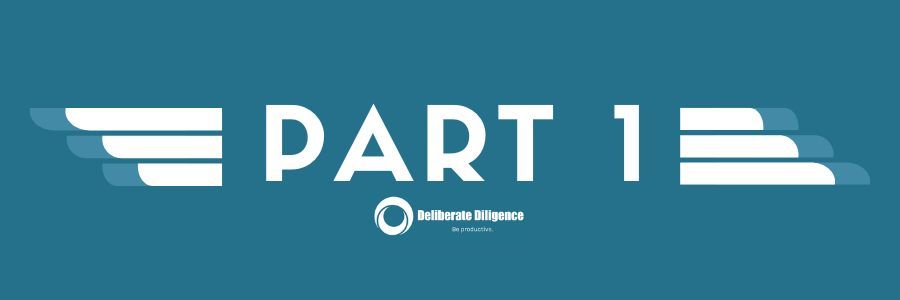
💬 Quote
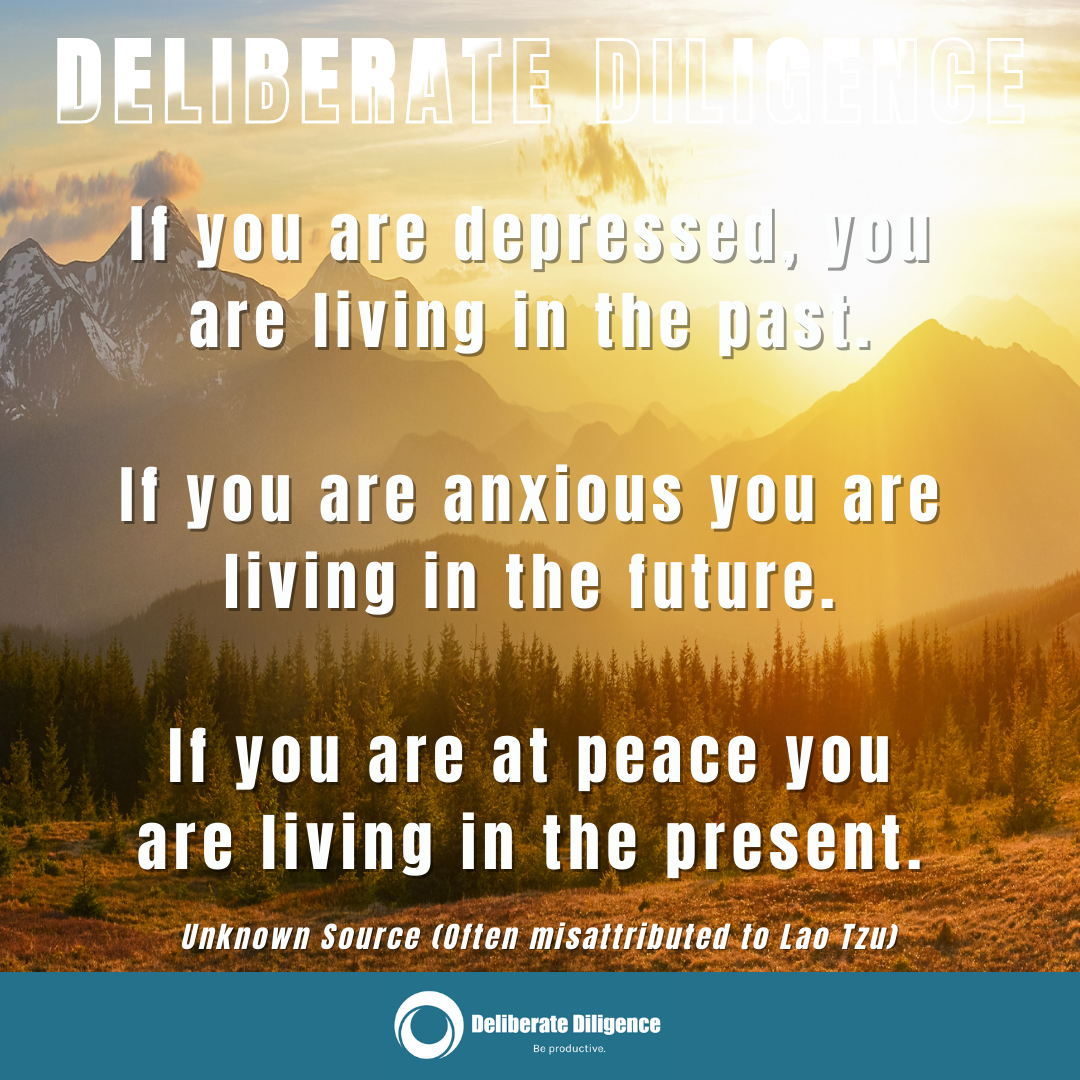
“If you are depressed you are living in the past.
If you are anxious you are living in the future.
If you are at peace you are living in the present.”
― Lao Tzu (likely misstributed)
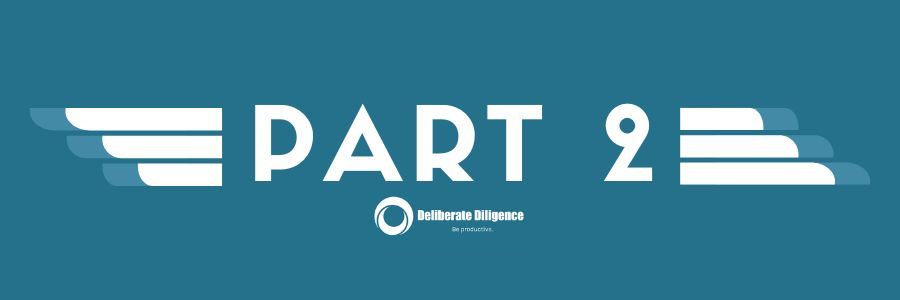
⚙️ How to: 13 Ideas to Help You Connect with the Now
- Have a day (or at least a morning/evening) entirely without a smartphone and computer. Choose a book you can use if it's boring but nothing else.
- Try to have 30 minutes doing nothing. No external impulses. Nothing to do. Just be. You'll be surprised how hard it will. It's an fascinating exercises. You don't have to regularly; do it once for the experience.
- Take a stroll without a clear goal. Just be outside. Watch the people. Try to make eye contact. Think about what others might do and think. Observe nature. Find anomalies. Let our thoughts flow.
- Listen to a classical concert or an album of your choice without doing something else. Often music is accompanying us doing something else. For a change, just listen to the music. You'll be fascinated by finding new details in the accustics, even if you've listed to that song thousand times before. Think about the lyrics and the intention of the songwriter.
- In the next opportunity when you're talking to someone, plan to say nothing (besides questions and affirmations) and listen to what the other person has to say. Try to understand the perspectives and reasonings. Genuinely digest what's being said. Don't waste your mental capacities in thinking about you and what to tell next and how you might come over. Just focus on your counterpart.
- Take a sheet of paper and just write everything down you have in your head. The goal is an "inbox empty" for your brain. Try to find some order in that mental chaos, by structuring the thoughts on the paper in categories.
- Clean your apartment while exercising something mentally, e.g. singing to a song or learning a language.
- Play chess or something similar that will force all of your attention to the game at hand. Can also be a computer or console game. I believe many people love playing computer games because it forces you to be in the moment and thus relax. It shouldn't be too hectic a game.
There are some other things you could consider, but I don't sure yet if they're effective:
- Expose yourself to cold water for some minutes, e.g. while showering or so. (not yet tried it for me)
- Breathing Exercises (doesn't work for me)
- Meditation (doesn't work for me)
- Practice gratitude (to abstract for me)
- Connect with nature (to abstract for me)
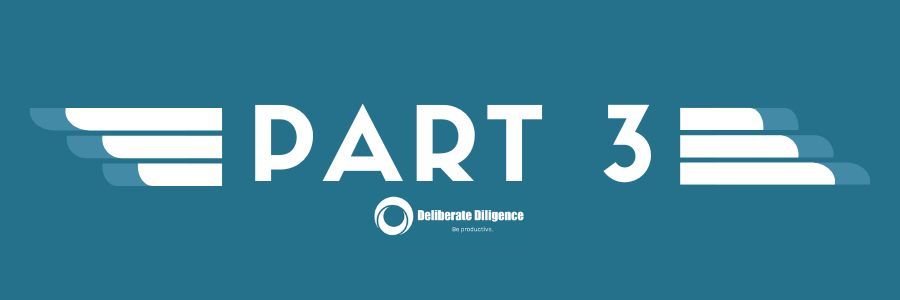
🧬 DD Mental Model Core Principles: Wherever you are, be all there.
This is a Summary of:

Wherever you are, be all there" is a core principle that can significantly improve productivity and happiness in life. To help you better understand this principle, the following are some key ideas from the blog article:
Two Dimensions of the Core Principle
- Focusing on one thing instead of diluting attention to several different things.
- Being content with where you are and avoiding thoughts of all the places you could be.
Importance of Focusing on One Thing
- Multitasking is not practical, as the brain cannot focus on more than one thing at a time.
- It is crucial to get out of the trap of multitasking consciously.
- Practical examples are given on how to avoid diluting attention in different areas of life.
Importance of Being Content with Where You Are
- People who consciously choose a productivity-driven lifestyle are particularly susceptible to FOMO (Fear Of Missing Out).
- FOMO can significantly affect the quality of life.
- It is better to stick with a decision once it has been consciously made and mentally park all thoughts of alternatives.
Recommendations for Overcoming FOMO
- Train your ability to be where you are.
- Make conscious decisions about what you do and stick to them.
- Mentally put thoughts of alternatives in a box and put it on a mental backlog shelf.
- Only make a conscious decision to abort if you are 100% sure that you are in the wrong place for whatever reason.
The Importance of Being in the Moment
- Training your serenity and mindfulness can help you overcome FOMO and be in the moment.
- Being in the moment can lead to happiness and satisfaction in life.
In conclusion, wherever you are, be all there.
This core principle emphasizes the importance of focusing on one thing and being content with where you are to improve productivity and happiness. By training your ability to be in the moment, you can overcome FOMO and achieve greater satisfaction in life.
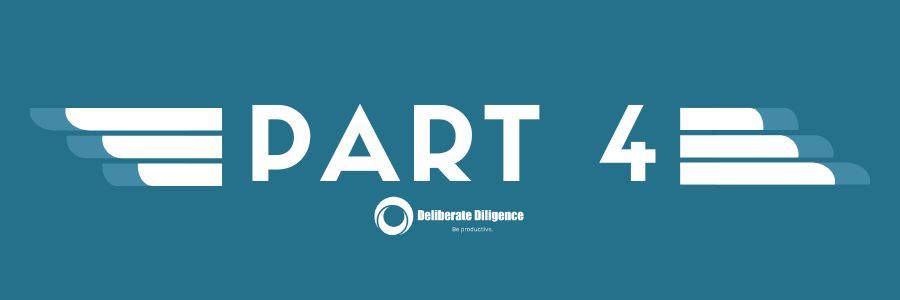
✍️ This Week's Blogposts:
The High-Performance Talent's Dilemma: Why Outstanding Performance Doesn't Always Lead to Exceptional Pay and How to Achieve it Nevertheless

This is my best and most impactful blog article yet. It condenses 11 years of corporate job experience into a single blog article.
As a high-performing professional, I have learned that success is achieved through deliberate goal-setting, daily habits, and consistent execution. However, I made a costly thinking fallacy early in my career, believing that my company would appreciate my hard work and result in a meteoric rise in my salary. I invested all my energy into my corporate job, allowing me to work multiple positions simultaneously and advance quickly up the career ladder. While I was highly valued and received creative freedom, I failed to realize that corporations only pay employees enough to keep them from quitting.
To unlock your full earning potential as a high-performing talent, I recommend investing your extra time and energy in developing a side hustle that leverages your skills and interests. This allows you to take control of your life, create more fulfilment in your career, and achieve financial freedom beyond the limitations of corporate salary ceilings.
To get started with a side hustle, I recommend shifting your perspective from that of an ordinary employee to that of a principal agent, focusing on actions that produce the most desired results, and learning to control your agenda.
Additionally, prioritize your family, health, exercise, and nutrition over your corporate job and side gig, as this will ensure you have the energy and focus to succeed in both areas.
Overall, with the Deliberate Diligence Mental Model and a strategic approach to developing a side hustle, you can achieve any goals you set for yourself and achieve the financial and personal fulfilment you deserve.
Case Study: Breaking Free from the Chains of Incompetence

This case study explores the struggles of a 20-year-old college student who feels inadequate and incompetent compared to his peers during group work and lectures. The student feels frustrated and helpless, wondering if he is a lost cause. If you find yourself in a similar situation, don't lose hope. With time and discipline, you can overcome your feelings of inadequacy and achieve your goals.
The first step to overcoming your feelings of inadequacy is to realize that it is a common feeling. Everyone has their strengths and weaknesses, and people are always ahead of each other in some way or another. Don't let these feelings hold you back. Embrace the challenge and work hard to succeed.
If you lack the experience, bring energy instead.
One practical solution is to focus on bringing energy instead of skills or experience to your group work. This will not only help you feel more involved and engaged, but it will also show your peers that you are a valuable team member. If you lack experience or knowledge in a particular area, compensate by working hard and putting in more time and discipline.
Don't be afraid to seek help and support from others. A mentor or coach can provide valuable insights and advice to help you overcome your challenges. Remember, success is not just about intelligence and knowledge but also about discipline, energy, and consistency. Don't give up, and keep working hard to achieve your goals.
In conclusion, don't let feelings of inadequacy hold you back from achieving your full potential. With the right mindset and approach, you can overcome any gaps in understanding and succeed in the long run. So, embrace the challenge, work hard, and stay disciplined. You got this!
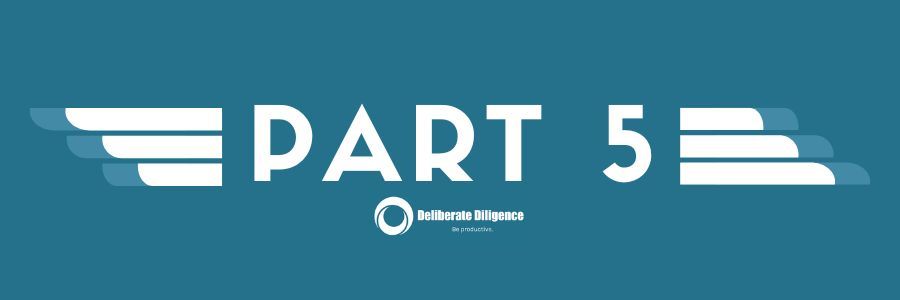
🐦 This Week's Favorite Tweet: About Jumping Exercises
The only exercise some people will do is jumping to conclusions. pic.twitter.com/LbdsiFU4kn
— Martin Weitzel | Deliberate Diligence Mindset (@DelDiligence) February 18, 2023

📚 Book Recommendation: Master your Focus
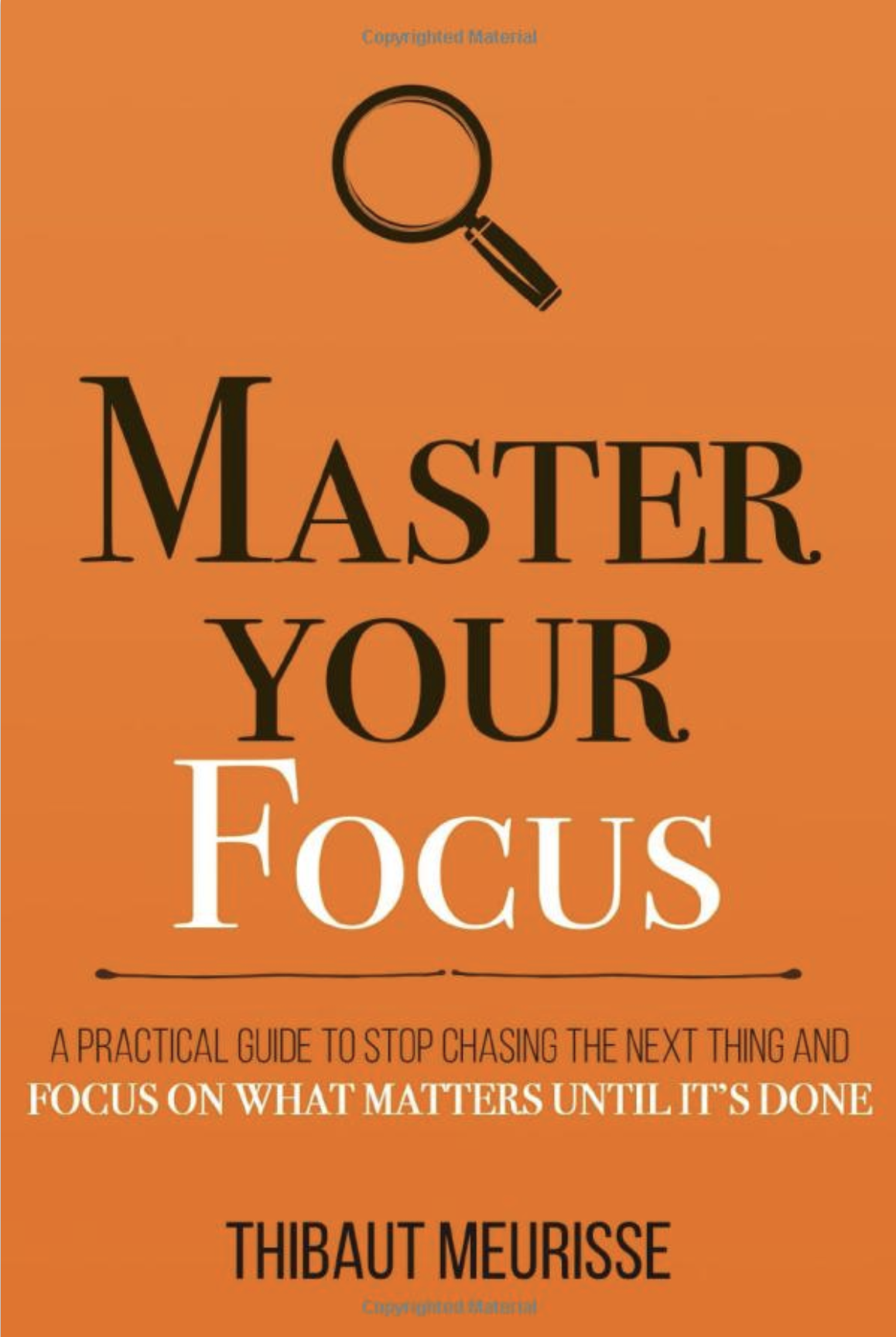
Master Your Focus
A Practical Guide to Stop Chasing the Next Thing and Focus on What Matters Until It's Done (Mastery Series, Band 3) – by Thibaut Meurisse
"Master Your Focus" by Thibaut Meurisse is a book that teaches readers how to harness the power of focus to achieve their goals.
- The book emphasizes the importance of sustained and directed focus in achieving success and productivity. The author compares focus to an ax, which can cut down a tree when it is aimed at the same spot repeatedly. The book argues that it is not the smartest person who achieves the best results, but the one with the most focus.
- The book explains that when individuals lack focus, they become slaves to time and lose control of their lives. Distractions can cause individuals to lose momentum, and it takes an average of twenty-three minutes to return to a task after being distracted, according to a study by the University of California Irvine.
- The book advises readers to implement good routines, proper planning, and consistent practice to enhance short-term focus. It also explains the different productivity levels, such as procrastinating, which is the lowest level. Procrastination usually occurs due to fear, lack of clarity, lack of motivation, or lack of energy.
- The book also emphasizes the importance of having a long-term plan and knowing where one is going. It asks readers to ask themselves, "If I keep doing what I'm doing today, will I end up where I want to be five years from now?" The book suggests that to perform at one's best, individuals must continuously seek clarity and be clear about their values, strengths, weaknesses, and goals.
- The book provides fifteen key questions to help readers gain clarity, such as "What do you really, really want?" and "If you could focus only on doing one thing for the rest of your life, what would it be?" It advises readers to identify their strengths, passions, and core values and to align their daily activities with their overall vision.
- The book advocates breaking down long-term goals into small, manageable tasks, setting specific milestones, and identifying high-impact tasks within one's control. It suggests 90-day goals as an effective way to make progress on any project and create a sense of urgency. The book asks readers to imagine having only five per cent of their current time to identify key tasks and eliminate non-essential ones.
In conclusion, "Master Your Focus" provides readers with practical advice and techniques to improve focus, productivity, and achieve their goals. The book emphasizes the importance of sustained and directed focus, and readers can use its advice to enhance their personal and professional lives.
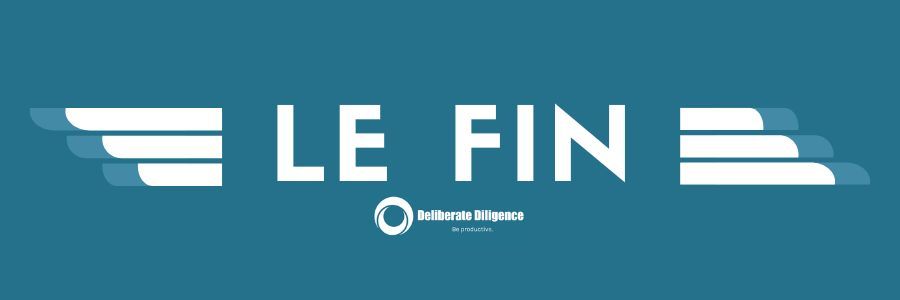
Conclusion
That's it for this week. I am now rewarding myself for writing this blog article with weight lifting and then a long walk with my wife.
See you next week!
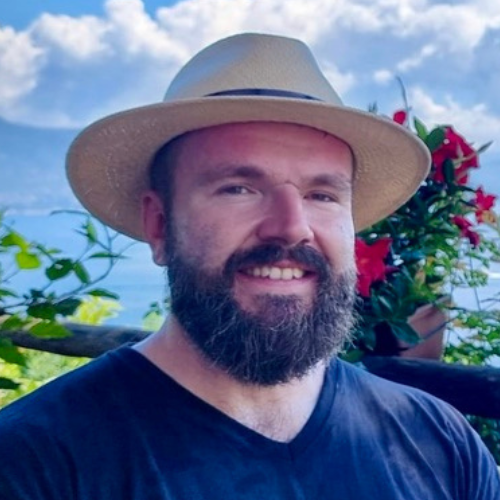

Discussion